
Pakistan is justified to feel a little concerned about the possible acceptance of India into the Nuclear Suppliers Group (NSG). None other than the internationally respected Belfer Centre for Science and International Affairs had earlier raised legitimate reasons about the move carrying serious implications for Pakistan. This week too the Belfer Centre voiced those fears in a paper — perhaps with more persistence and clarity. There is an immediate need for India to present proper safeguards before its NSG membership can be considered. And while members of this elite club continue to debate the membership criteria for states not party to the Nuclear Non-proliferation Treaty (NPT), Pakistan must lobby hard for a clear plan on the part of India for the separation of current and future civilian nuclear facilities from non-civilian nuclear facilities.
As the author of the paper, John Carlson, says that New Delhi does not meet the exacting standards of the NSG after closely studying the country’s separation plan and safeguards agreement with the International Atomic Energy Agency (IAEA). So far, New Delhi has not been able to verify whether it is using unsafeguarded material for military purposes. Until then, India should not be granted NSG membership. This unverified grey zone between military and civilian material poses a grave danger to Pakistan in particular and the world in general. It would be a travesty of justice if India, despite those concerns, was formally accepted into the Nuclear Suppliers’ Group and Pakistan was kept out — considering the magnitude of India’s nuclear programme and its long-harboured ambitions. India’s fast breeder reactors as well as its unsafeguarded materials and facilities that are built into its military programme constitute a clear and present strategic threat.
India possesses three classes of nuclear facilities — civilian, dual use and military facilities. It has kept the relationships between the civilian facilities safeguarded and dual-use facilities unsafeguarded. It is clear that Delhi has the flexibility to use both safeguarded and unsafeguarded programmes to optimise fissile material production. As long as such flexibility exists, the international assurances IAEA safeguards are intended to provide count for nothing.
Published in The Express Tribune, January 27th, 2018.
Like Opinion & Editorial on Facebook, follow @ETOpEd on Twitter to receive all updates on all our daily pieces.














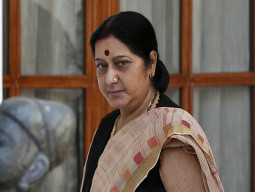
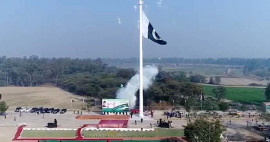

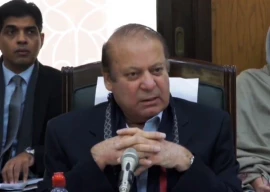
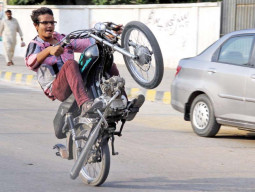

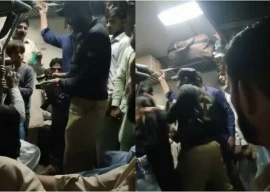







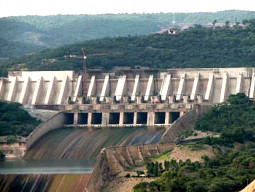
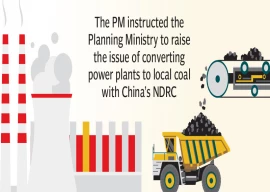








COMMENTS
Comments are moderated and generally will be posted if they are on-topic and not abusive.
For more information, please see our Comments FAQ